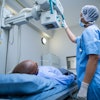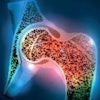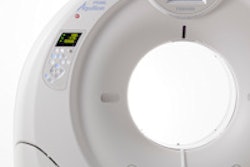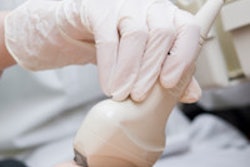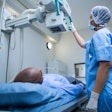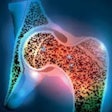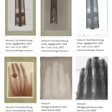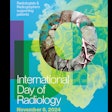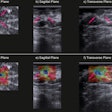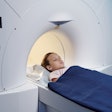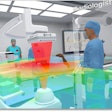Mindful of the growing shortage of obstetric sonographers, the U.K.-based Society and College of Radiographers (SCoR) said it nevertheless opposes any effort to incorporate assistant practitioners (APs) into the field for assessing fetal growth and weight, saying the complex tasks involved fall "outside APs' scope of practice."
In a position paper released this week, SCoR said it supports the development of rigorous pilot studies to assess the performance of assistant practitioners in obstetrics, but that APs are not the answer to an estimated 18% shortage of obstetric sonographers that has grown increasingly severe. Obstetrics work is simply too complicated and risky to be performed by anyone but trained sonographers, SCoR stated in the paper.
"(Fetal) growth scans require considerable training and experience and include critical and often difficult-to-obtain measurements such as the fetal head circumference, abdominal circumference, and femur length," the organization wrote. "Estimated fetal weight is derived from these measurements, which are also displayed on a growth chart."
Fetal exams, even follow-ups for assessment of growth, are more than a measurement exercise; they require a "holistic" approach, the organization wrote. Sonographers are required to assess fetal presentation/lie and placental position, and operators must be alert to any possible anomalies; Doppler ultrasound assessment is usually included in the exam as well.
"Interpretation of fetal growth profiles and decisions over onward referral are also required," SCoR wrote. "Good communication skills are essential."
At the same time, the organization acknowledged the harm to practice stemming from the ongoing shortage of sonographers. New guidelines from the Royal College of Obstetricians and Gynecologists have contributed to the shortage by requiring more monitoring and follow-up during pregnancy to reduce the number of stillbirths.
"It is undoubtedly true that the shortage of sonographers and the context of ever-increasing clinical demand are making service delivery difficult," SCor wrote. "The current workforce will not be able to cope with that increased demand if solutions to the workforce crisis are not found."
Nevertheless, obstetrics in general and providing monitoring and diagnostic services are considered high-risk areas of practice.
"Legal proceedings arising from errors during pregnancy are frequently distressing, complex, and costly to both complainants and to the [National Health Service]," SCor wrote.
The organization also acknowledged that assistant practitioners have performed very well in assessing abdominal aortic aneurysm, but said obstetrics are too complex and risky to take the same approach.
The organization said it supports the implementation of well-designed pilot studies to assess the skills of assistant practitioners, as long as sonographers are not required to participate in such studies.
SCoR's current policy with regard to assistant practitioners can be found here.


